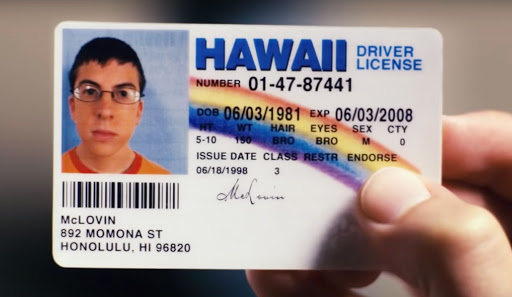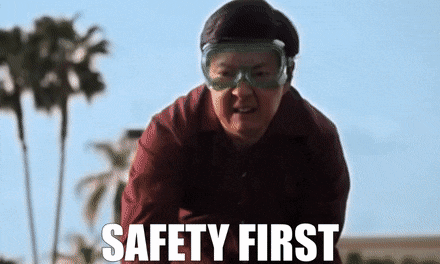
If you’ve ever gone through the ordeal of having your personal details yoinked online, you’ll know it’s something you want to avoid.
As Aussies continue to spend more time (and money) online, a report from Westpac found that we continue to lose millions each year in buying and selling scams, and cybercriminals often target online shoppers to steal their money or personal details and money.
Whether it’s a small breach that requires a few calls to customer service asking for your passwords to be reset (happened to me recently), or a more severe situation, it’s always good to know how it can happen and what you can do to minimise the risk.
How does it happen?
As cybersecurity gets increasingly tighter, online scammers have to continue finding alternative methods to steal our information. That’s generally good news for us, but it also means that our details are being stolen through ever-changing avenues, so we have to be super vigilant.
“A common method is online phishing, which is where scammers impersonate well-known businesses that you are likely to deal with, such as banks or government agencies, to trick you into revealing personal information,” Westpac’s Ben Young explains.
A few more known ways that swindlers succeed (on the occasion) are through romantic scams, ransomware and buying and selling scams.
There are countless tricks scammers use, so you can brush up on the main ones right ‘ere.
How can you minimise the risk?
Fortunately, there are options available to minimise the risk of having your details stolen in the first place and some straightforward ways to handle a potential personal data breach.
The first option may seem obvious but all of us have let our guards down in the past, so it’s still worth noting: don’t engage with any text, email, DM, or phone call from someone you don’t know who asks you to either click on an unknown link or requests any sort of information from you.
If the correspondence looks like it’s from a company you know but it’s still asking you to click on a link or for odd information, check the source of the message (look out for weird characters in email addresses, for example) and if you truly must be sure, you can always call the actual company’s customer service line to ask whether or not it’s legit.
As a general rule of thumb, though, just don’t engage with anything that doesn’t seem 100% authentic.
You can also change your passwords regularly (a pain, I know) and avoid keeping your passwords and personal information stored on non-encrypted apps or websites.
If you’re handling money online, always ensure you’re using verified payment methods. If john45wickiboi keeps hitting you up for money on a sketchy site or through dodgy means, stop engaging with them and, if possible, block them from contacting you in the future.
“If you think you might have been scammed, the first thing to do is call your bank,” Ben says. “Time is critical in these situations, and the sooner we can investigate the better the chances of minimising the damage.”
“An easy and effective way to protect your details when shopping online is by using a digital card. Westpac’s Digital Card has a dynamic CVC, which means the 3-digit code on the back changes every 24 hours, making it hard for criminals to steal and use your details online,” he continues. This means that scammers can’t steal your details to buy three kilos of whipped butter, so that’s a win.
From keeping your device secure, digital cards and regularly checking your accounts, there are a tonne of ways to tighten the security on your personal details, so it pays to be overly cautious. The alternative is being a sweaty mess when you realise something bad’s happened, y’know?
Any advice within this sponsored article is general in nature only. Read the terms and conditions at www.westpac.com.au and consider if it is right for you.








